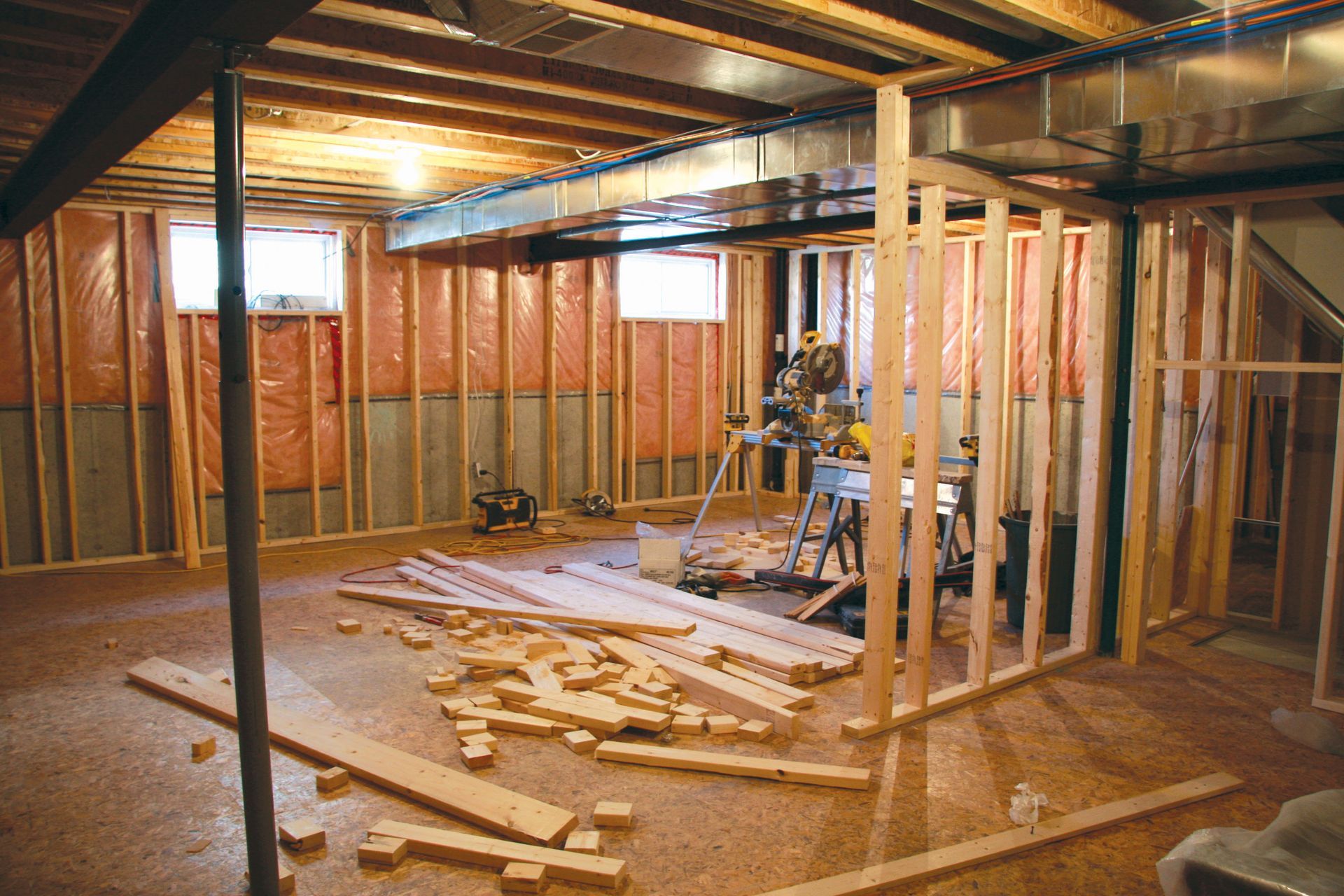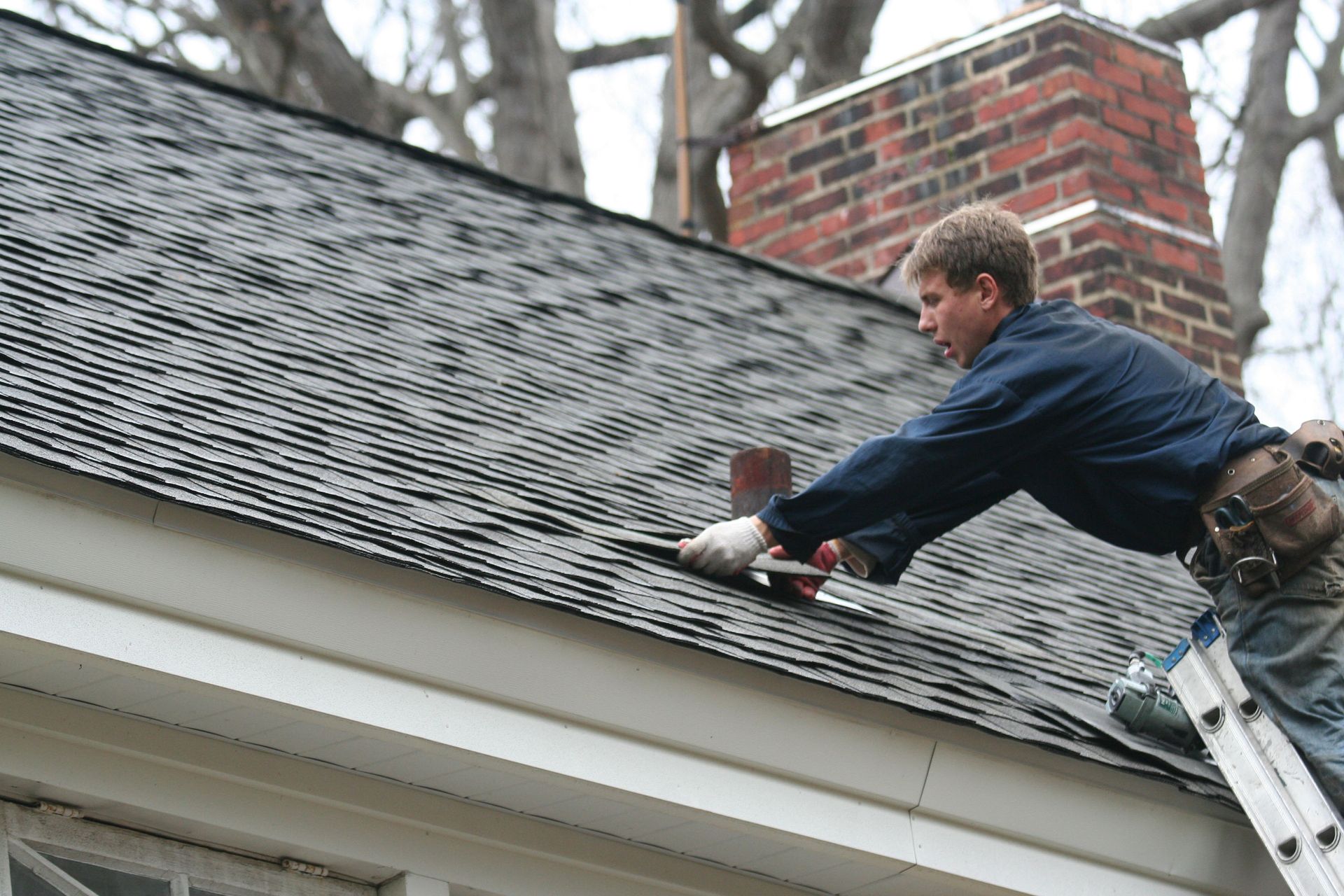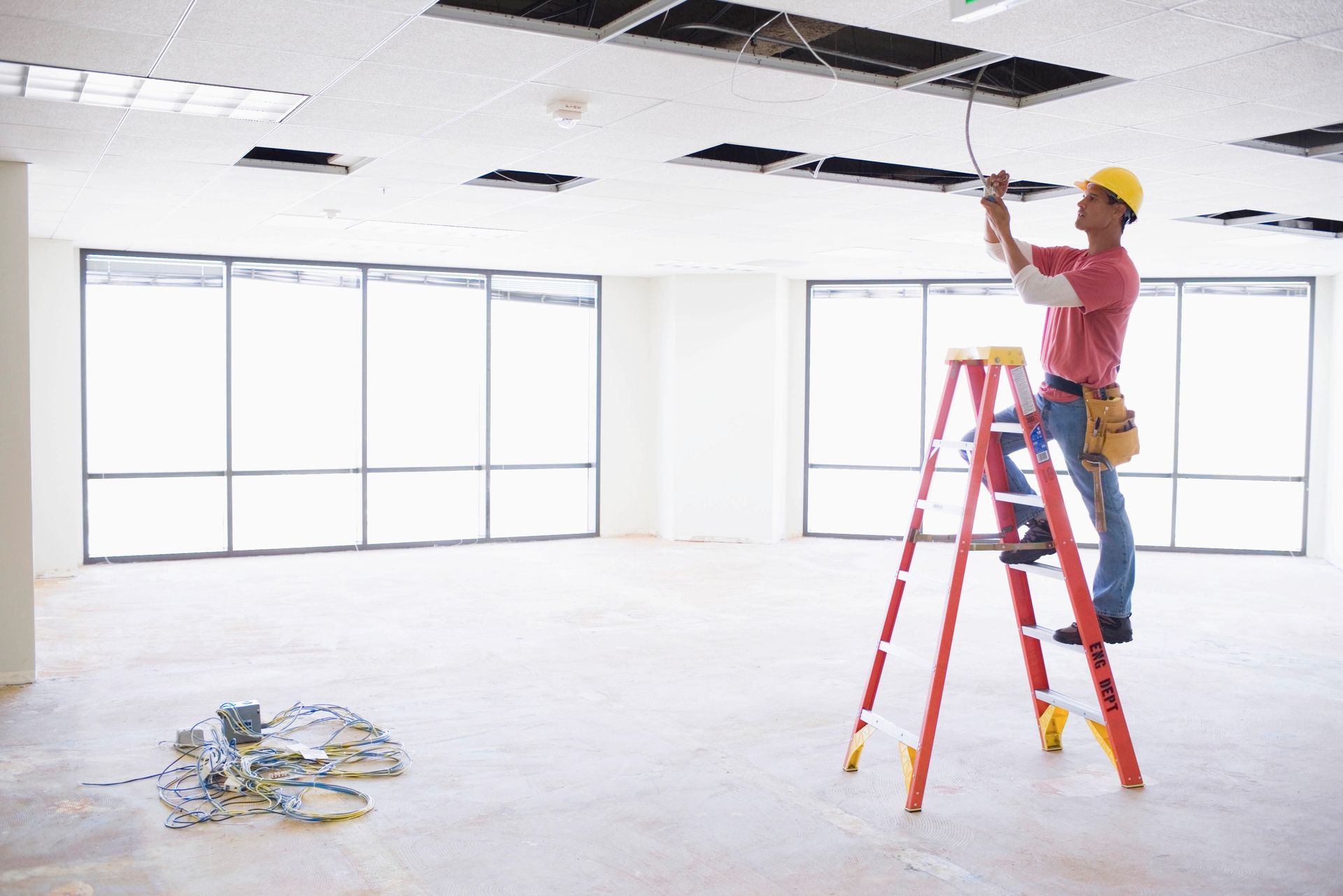The Biggest Mistakes Homeowners Make When Hiring General Contractors
Hiring general contractors can be one of the most important decisions a homeowner makes when starting a renovation, remodel, or new construction project. The right contractor can turn a vision into reality with quality craftsmanship and professionalism, while the wrong one can lead to delays, frustration, and costly mistakes. Many homeowners rush into hiring without doing proper research or asking the right questions, often resulting in regrets that could have been avoided. Understanding the most common mistakes people make when hiring general contractors can save both time and money while ensuring a smoother experience from start to finish.
Not Verifying Licensing and Insurance
One of the most frequent mistakes homeowners make is failing to confirm whether the contractor holds valid licensing and insurance. Licensed general contractors are required to meet specific standards set by state and local authorities, ensuring they have the proper training and experience for the job. Skipping this verification step can lead to hiring an unqualified contractor who may not meet legal or safety requirements. Unlicensed work also creates risks for code violations, which can lead to fines and difficulties when selling your home in the future.
Insurance verification is equally important. Liability and workers’ compensation insurance protect homeowners from being held financially responsible if an accident occurs on the property. Without these in place, a homeowner may be left paying out-of-pocket for medical expenses or property damage. Always ask for written proof of both licensing and insurance before signing a contract with any general contractors to safeguard yourself from unexpected legal and financial liabilities.
Not Getting Multiple Estimates
When homeowners rush to start a project, they often settle for the first contractor who provides an estimate. This approach can lead to overpaying or accepting unrealistic promises. It’s crucial to obtain at least three written estimates from reputable general contractors before making a decision. These estimates allow homeowners to compare costs, timelines, and included services, giving a clearer picture of the project’s overall scope. Large discrepancies between quotes may indicate red flags, such as hidden fees or subpar workmanship.
Taking time to evaluate multiple estimates doesn’t just protect your budget—it also ensures transparency. Contractors who are willing to explain their pricing structure and answer detailed questions about materials and labor are often more trustworthy. Comparing quotes side by side gives you the leverage to make a well-informed decision rather than an emotional or rushed one. This step sets the tone for accountability and professionalism throughout the project.
Not Getting References and Past Work
Another major oversight is failing to check references or review past projects. Reliable general contractors should have a portfolio of completed work and a list of satisfied clients who can vouch for their performance. Asking for references allows homeowners to verify the contractor’s ability to meet deadlines, manage budgets, and maintain communication. Skipping this step may result in hiring someone whose experience or work quality doesn’t align with your expectations.
When speaking to previous clients, ask specific questions about how the contractor handled unexpected challenges, whether the work was completed on time, and if the homeowner was satisfied with the final result. Visiting completed projects, when possible, provides valuable insight into craftsmanship and attention to detail. These extra steps require little effort but can prevent serious disappointment and stress later on.
Not Having a Detailed Contract
A vague or incomplete contract is one of the most common causes of disputes between homeowners and general contractors. Every project should be governed by a written agreement that clearly defines responsibilities, materials, payment schedules, timelines, and warranty details. Without these specifics in writing, homeowners may have no recourse if a contractor fails to deliver as promised. A well-drafted contract protects both parties by setting clear expectations and minimizing the potential for misunderstandings.
Before signing, review the contract carefully and don’t hesitate to ask for clarification on any unclear terms. Everything agreed upon verbally should be documented, including the scope of work, cleanup obligations, and change-order procedures. The more detailed the agreement, the smoother the project will run. A professional general contractor will appreciate your diligence and view a clear contract as a foundation for mutual trust.
Not Getting Clear Communication and Project Management
Effective communication is vital for any successful construction or renovation project. Homeowners often assume that once the work begins, the contractor will manage every detail without input or updates. This hands-off approach can lead to misunderstandings, delays, and dissatisfaction. Establishing open communication early ensures that everyone stays informed about progress, potential delays, and design changes.
Before hiring general contractors, discuss how they plan to manage communication. Will they provide daily or weekly updates? Who will be your main point of contact on-site? Setting expectations for communication can prevent small issues from escalating. Homeowners who remain engaged and informed throughout the process often find that projects stay closer to schedule and budget, with fewer surprises along the way.
Not Planning for Delays or Budget Changes
Even with thorough planning, construction projects can encounter unforeseen obstacles. Weather, supply chain disruptions, and design changes can all cause delays or require budget adjustments. Many homeowners neglect to plan for these contingencies, leading to frustration and financial strain when schedules shift or costs rise. Building flexibility into your timeline and budget can help you navigate these situations with less stress.
With so many people opting to improve their homes rather than relocate, careful planning is essential. According to WebFX, 61% of homeowners who have lived in their house for six or more years choose to renovate instead of moving, citing emotional attachment and high relocation costs as key reasons. General contractors who communicate potential risks and discuss contingency plans upfront demonstrate professionalism and foresight. A transparent discussion about possible delays and costs ensures that you’re prepared for any adjustments during the project.
Not Monitoring Progress
Homeowners often assume that once a project is underway, they can step back and let the contractor handle everything. While it’s true that professionals should manage the job, staying engaged and monitoring progress is important. Regular check-ins allow homeowners to confirm that work aligns with the contract and that materials meet agreed-upon standards. A proactive approach also helps identify problems early before they escalate into costly rework.
Maintaining an open dialogue with your contractor shows that you care about the project’s outcome. When hiring general contractors, request periodic walkthroughs to review completed work and ensure it meets your expectations. Clear communication and consistent involvement foster accountability, helping both parties stay aligned and avoid misunderstandings.
Not Asking About Warranties and Post-Project Support
Once construction wraps up, many homeowners assume their relationship with the contractor ends there. However, warranty coverage and follow-up support are just as important as the installation itself. Before finalizing any contract, ask about warranties for labor and materials. Reliable general contractors stand behind their work and will return to address issues that may arise shortly after completion.
Keep all documentation related to your warranty in a safe place and review the conditions carefully. Knowing what is covered—and for how long—provides peace of mind and protects your investment. A contractor who prioritizes customer satisfaction even after the project ends demonstrates professionalism and accountability.
Hiring general contractors can feel overwhelming, especially for homeowners undertaking major renovations for the first time. However, avoiding common mistakes—like neglecting to verify credentials, skipping contracts, or choosing solely based on price—can help ensure a smoother process and a better final result. Clear communication, careful planning, and ongoing involvement are key to a successful working relationship. By taking time to research, compare, and ask the right questions, you can confidently choose a contractor who delivers quality work while respecting your home, budget, and timeline. A thoughtful approach to hiring general contractors turns what could be a stressful process into a rewarding investment in your property’s future. In need of a general contractor? Call Herbert H. Construction today for more information.





Share On: